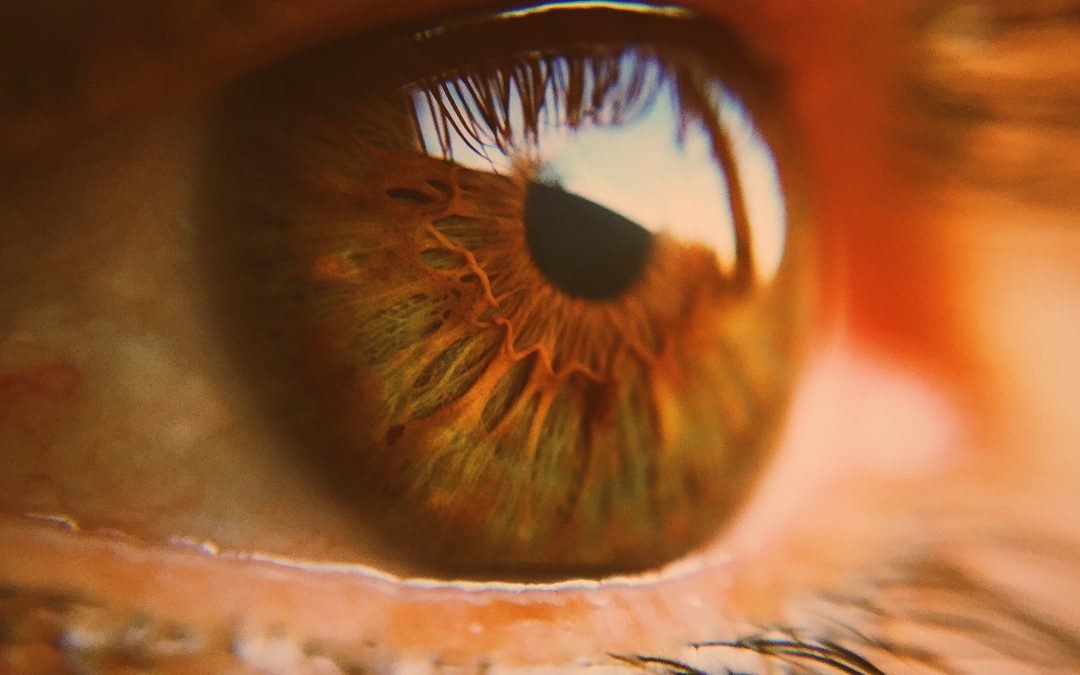Learn about the different cholesterol signs, what your eyes and skin may be saying, and how it all contributes to your overall health.
Having high cholesterol (or high LDL cholesterol – the “bad” kind) can lead to potentially life-threatening conditions. While high cholesterol doesn’t usually cause symptoms, you may experience some – and they may affect your eyes and skin.
In fact, the National Heart Lung and Blood Institute (NHLBI) says that very high levels of cholesterol can cause fatty bumps on your skin (xanthomas). They also say that you may get grayish-white rings around your eye corneas (corneal arcus).
Moreover, they note that “these mostly develop in people who have familial hypercholesterolemia [high blood cholesterol level].” In addition, “undiagnosed or untreated high blood cholesterol can lead to serious problems, such as heart attack and stroke.”
 Cholesterol and Health
Cholesterol and Health
Since high cholesterol doesn’t usually present any signs, it’s important that you check your levels regularly. According to the National Health Service (NHS) of Australia, “eating fatty food, not exercising enough, being overweight, smoking and drinking alcohol” can lead to high cholesterol.
However, other factors like genetics can also affect the risk, so anyone can have it. The more risk factors and the higher the severity of these factors, the likelier you are to have high cholesterol. For this reason, you should talk to your doctor about getting your levels checked.
Reducing Your Risk
Depending on your circumstance, you may be able to lower high levels through lifestyle changes. To do this, the NHS suggests you “reduce your cholesterol, try to cut down on fatty food, especially food that contains a type of fat called saturated fat.”
Furthermore, the British Heart Foundation (BHF) says “if your cholesterol is very high and if lifestyle changes are not enough, your doctor might suggest controlling it with medication.” In these situations, the main medications used to treat high cholesterol are statins.
The best way to reduce the risks and conditions associated with high cholesterol is to treat it early. You can start by increasing your intake of unsaturated fats like vegetable oils, avocado, nuts, and seeds. Moreover, oily fish like salmon is a good source of unsaturated fats, specifically omega-3 fats.
The Outlook
 If you want to lower your risk of developing high cholesterol, follow the tips mentioned above. You can also exercise regularly and do 150 minutes of moderate-intensity aerobic activity per week to improve your levels.
If you want to lower your risk of developing high cholesterol, follow the tips mentioned above. You can also exercise regularly and do 150 minutes of moderate-intensity aerobic activity per week to improve your levels.
In addition, you can take supplements like L-arginine Plus to give your health an extra boost. It contains ingredients that effectively promote cholesterol health, circulation, blood pressure health, and more.
Try L-arginine Plus along with a healthy lifestyle to support your cholesterol health the way it deserves.

